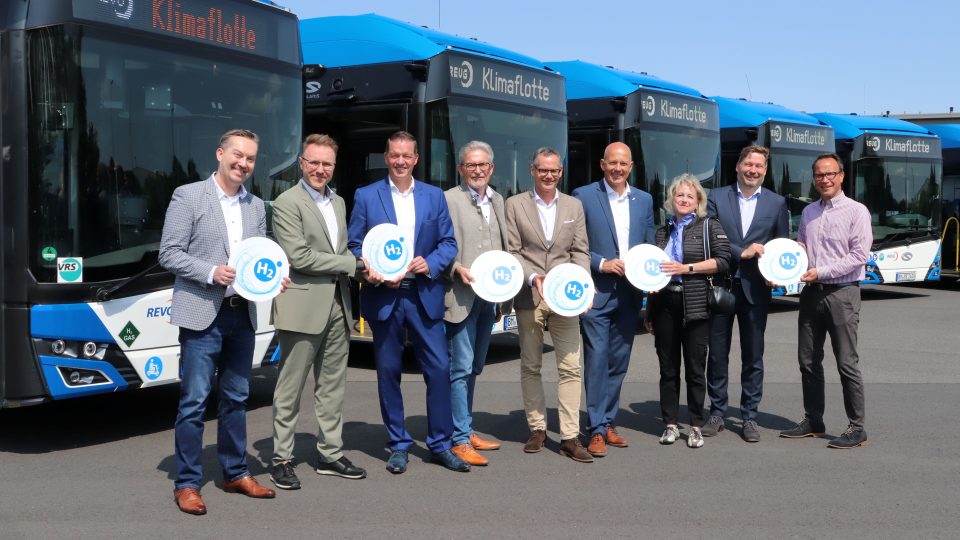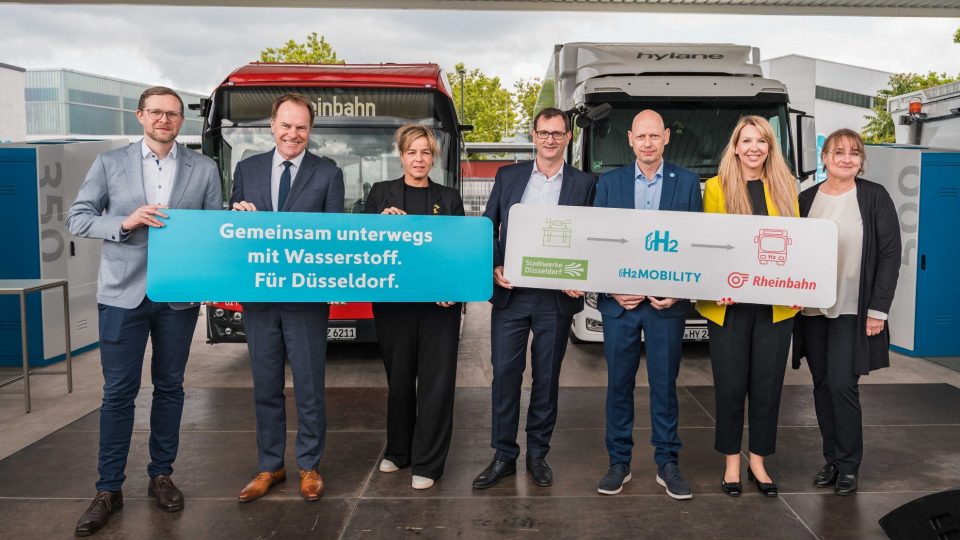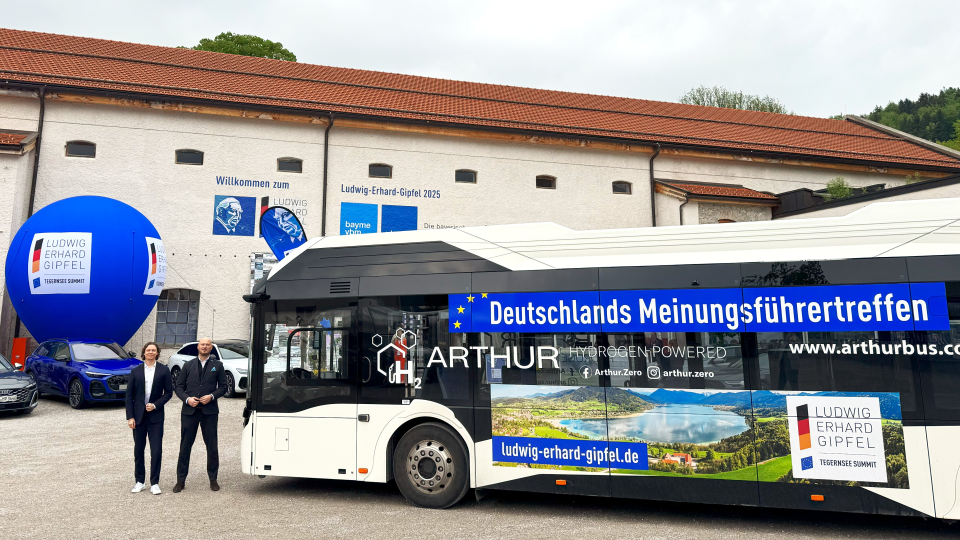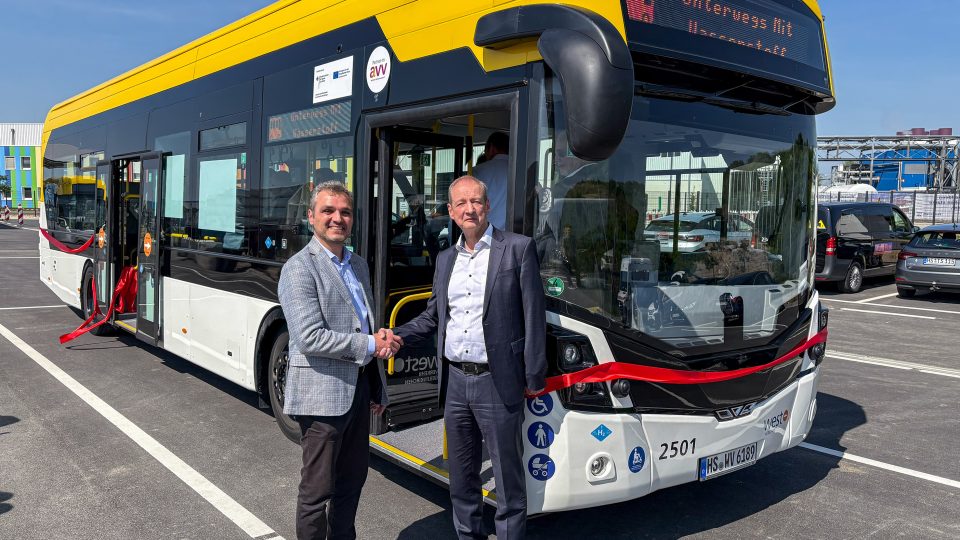Hydrogen Europe’s feedback on EU’s Sustainable and Smart Mobility Strategy
Hydrogen Europe calls the European Commission to more ambitious target on the decarbonization of good transportation. Following, the feedback of the organization, which represents the European industry, national associations and research centers active in the hydrogen and fuel cell sector, on the recently published European Commission’s Sustainable and Smart Mobility Strategy. Hydrogen Europe welcomes the publication […]
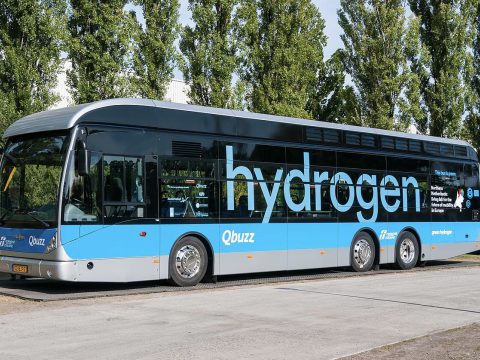
Hydrogen Europe calls the European Commission to more ambitious target on the decarbonization of good transportation.
Following, the feedback of the organization, which represents the European industry, national associations and research centers active in the hydrogen and fuel cell sector, on the recently published European Commission’s Sustainable and Smart Mobility Strategy.
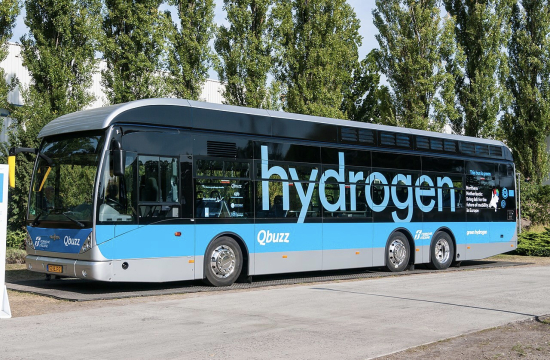
Hydrogen Europe welcomes the publication of the Sustainable and Smart Mobility Strategy as an ambitious roadmap for achieving at least a 90% reduction in the transport sector emissions by 2050. The transport sector is the backbone of our society. It faces numerous challenges: growing traffic, rising greenhouse gas (GHG) emissions, in particular from sectors that are hard to electrify, such as heavy-duty transport, aviation and maritime. In these sectors, hydrogen technologies have a major role to play in achieving the Green Deal objectives
We highly appreciate the holistic approach taken in the Communication together with the technology-neutral approach, which envisages the decarbonisation of all means of transport and highlights the role that hydrogen and hydrogen-made fuels are expected to play. To this end, it is of utmost importance that the efficiency of the whole system is considered when prioritising the choice of suitable alternative technologies.
welcome the establishment of targets for zero-emission cars and lorries as well as targets for hydrogen refuelling stations (HRS), together with charging points. At the same time, we believe that the target for lorries and HRS could be higher. The hydrogen sector foresees up to 100,000 hydrogen-powered trucks by 2030 and 1,500 stations. We would welcome a review of these figures.
An overarching ecosystem approach is essential, starting with hubs or valleys. The specific attention paid to ports and airports as clean energy hubs in the strategy is in line with the development of the hydrogen sector. Multipurpose stations could play a key role, serving different transport applications.
The transport sector will require large amounts of clean hydrogen, which is being prepared as part of the implementation of the European hydrogen strategy and will act as an enabler of clean hydrogen ecosystems
The Commission’s vision of supporting vehicle and fuel supply, infrastructure, and demand stimulation in parallel is crucial to accelerating this fundamental shift. Hydrogen Europe can only agree with the importance of maintaining and developing European leadership in the transport sector. Hydrogen technologies can contribute to enhancing European industrial competitiveness, while the industry strives to support the development and reskilling of workers
Finally, connected and digital applications in transport will play a vital role in the development of hydrogen, seeking additional efficiencies and contributing to a resilient transport system.
Jorgo Chatzimarkakis, Secretary-General of Hydrogen Europe, said, “Congratulations to the European Commission for this comprehensive roadmap – all modes of transport must be decarbonised! The vision of an ‘abundant recharging and refuelling infrastructure for zero-emission vehicles’ is music to my ears. For this to happen, we need a holistic approach, which is what the Commission has put forward. Along with support for zero-emission vehicles, infrastructure, carbon pricing, energy taxation, incentives for sustainable fuels to name a few. The hydrogen industry is ready to accelerate the pathway towards carbon-neutral mobility”




